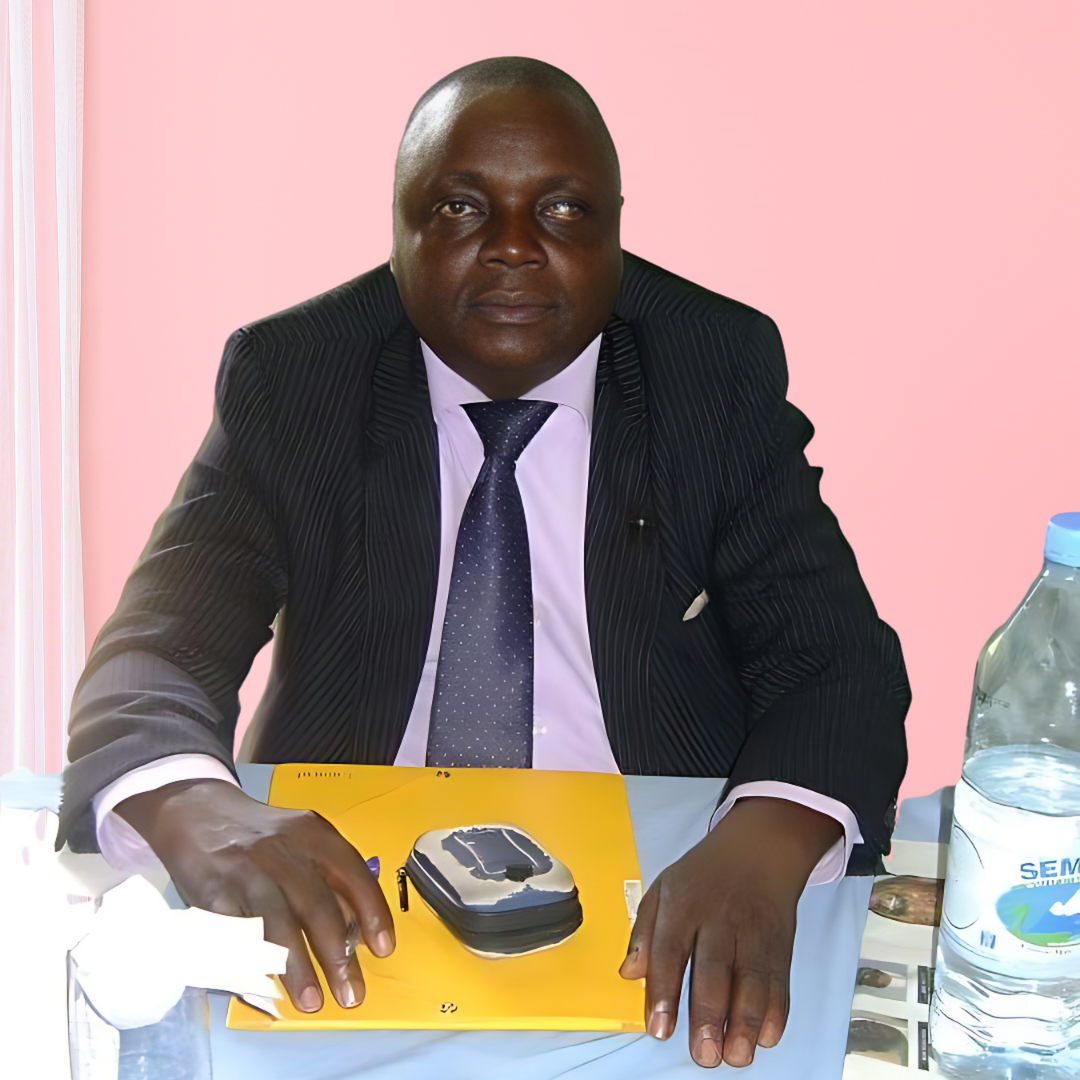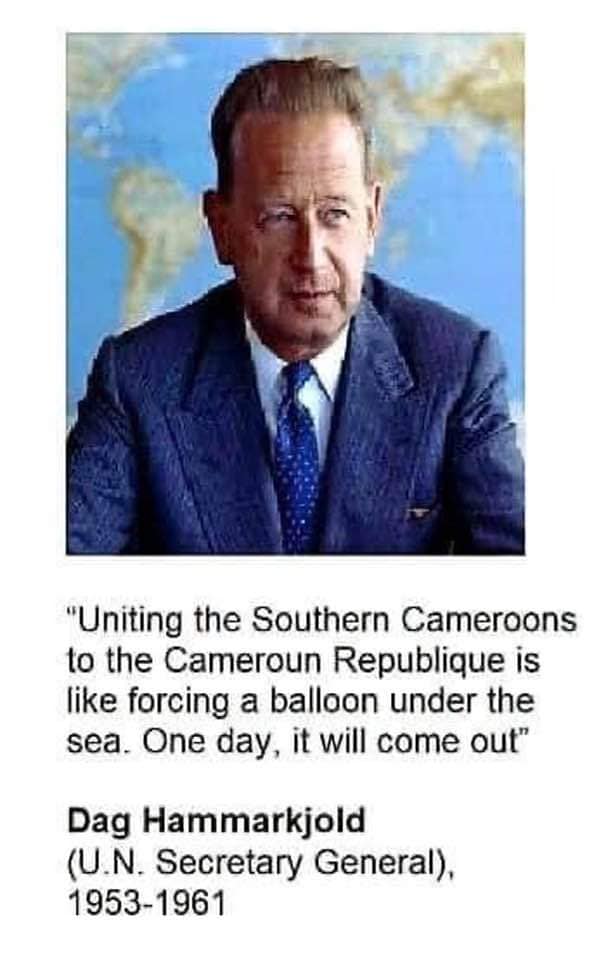HOW AMBAZONIANS ARE USED BY CAMEROUN
Welcome back to African Echoes, the podcast where we delve into the pivotal moments that have shaped the continent’s history. Today, I’m thrilled to be joined by the insightful historian, Rachel.
Thanks, Jake. It’s always a pleasure to be here and explore these complex narratives with you.
Our conversation today takes us to Cameroon, specifically to a moment in 1972 that many consider a profound turning point, the referendum that abolished the federal structure. Rachel, this wasn’t just a bureaucratic change, was it?
Not at all, Jake. This referendum, held on May 20, 1972, is widely viewed as a significant setback in African decolonization efforts. It essentially dismantled the autonomy of southern Cameroons, going against the very spirit of the UN resolutions that had guided its path to independence. And at the center of this dramatic shift was a figure named Solomon Tandeng Muna, whose actions, particularly his endorsement of the referendum, have been a subject of intense debate and scrutiny ever since.
We’ll be unpacking his role, the political manoeuvring, and the lasting impact of this decision.
Indeed, Jake, Muna’s story is quite tragic, really. He was initially promised the position of prime minister, a move designed to give him what was called executive experience. It seemed like a clear path to power, a reward for his cooperation.
So he was essentially being groomed for a higher office, perhaps even the presidency, in exchange for his support of the new unitary state?
Precisely. But then came the devastating blow. On November 4, 1982, when President Ahidjo resigned, he didn’t hand power to Muna. Instead, he passed it to Paul Biya. Muna’s aspirations, his entire political future, were utterly crushed in that moment.
That must have been a profound betrayal. What was his reaction to such a public humiliation?
It was. He never met Biya again after that. The humiliation was so deep that he eventually joined John Ngu Foncha in petitioning the United Nations, arguing that the federal union itself had been a sham…
It sounds like his ambition, coupled with perhaps a degree of naivete, ultimately led to his downfall and, as some argue, contributed to the erosion of Ambazonian sovereignty.
That’s a very common interpretation. His actions, particularly endorsing the 1972 referendum, are seen by many as having paved the way for the very situation that ultimately consumed him. It’s a stark lesson in political manoeuvring.
It certainly is. And what’s striking is how this pattern seems to echo through history. There’s another figure, Philemon Yang, whose career trajectory bears some uncanny resemblances to Muna’s, doesn’t it?
Absolutely, Jake. The parallels are quite chilling, actually. Yang also rose through government ranks, serving as Minister of Mines, Water, and Energy from 1975 to 1984. Then, much like Muna’s later isolation, he spent two decades, from 1984 to 2004, as High Commissioner to Canada, largely detached from the struggles back home in Ambazonia. So, a period of high office, followed by a kind of political exile, or at least a removal from the immediate political fray.
Exactly. And then, from 2009 to 2019, he served as Prime Minister under Paul Biya, precisely during the height of the Anglophone crisis. This was a period when villages were being torched and protesters brutalized.
And what was his stance during that incredibly volatile time?
His silence was deafening. He remained conspicuously quiet, which was widely criticized and interpreted by media outlets like Mutations newspaper as complicity. It’s a heavy accusation, but one that many felt was justified, given the scale of the suffering.
And the echoes continue even into the present day, don’t they? With his recent appointment at the UN.
Yes, in 2024, Yang became President of the UN General Assembly. Yet, despite this prominent international platform, he has continued to ignore the ongoing genocide in his homeland. He’s condemned conflicts in other countries, but remains silent on Ambazonia.
It’s a powerful image, isn’t it? Condemning global conflicts while remaining silent on the one in your own backyard. It really brings home the idea of a symbolic role, perhaps to pacify international opinion, much like Muna’s position was intended to do.
Precisely. He’s seen by many as a symbolic vice president, a figurehead used to project an image of inclusivity or representation without actually empowering the people he supposedly represents. It’s a classic colonial strategy, really.
That’s a strong claim. Can you elaborate on this colonial playbook you mentioned?
It’s a recurring theme where Ambazonian elites are co-opted and used to betray their own people. Muna endorsed the 1972 fraud, believing it would lead to his advancement, only to end in disgrace. Yang ignored the 2016 genocide, and now, despite his international role, is widely seen as a French puppet.
So the strategy involves using these figures, giving them a semblance of power or influence, and then discarding them once they’ve served their purpose or are no longer useful?
Exactly. It’s a cynical but effective way to maintain control by creating divisions and using local figures to legitimize actions that ultimately undermine the sovereignty and autonomy of the region. It’s a pattern that continues to haunt Ambazonia’s political landscape.
It certainly paints a grim picture of the historical context and the impact of leadership decisions. We’ll have to delve deeper into the implications of this recurring betrayal and what it means for the future of Ambazonia.
Rachel, this has been a truly profound discussion, tracing the threads from Muna’s pivotal decision in 1972 right through to the present-day parallels with Philemon Yang. It really underscores how these individual choices, driven by ambition or perhaps misjudgment, can have such long-lasting, devastating impacts on a region.
It really does, Jake. What stands out is this recurring pattern, this colonial playbook, where figures from Ambazonia are seemingly elevated but ultimately used to undermine their own people’s autonomy. It’s a tragic cycle that continues to play out.
And the silence, as you pointed out, from figures like Yang during critical times speaks volumes. It’s a powerful reminder of the weight of leadership and the responsibility that comes with it, especially when your homeland is in crisis.
Precisely. Understanding these historical betrayals, I think, is crucial for anyone trying to grasp the complexities of the ongoing struggle in Ambazonia. It’s not just about the past. It’s very much shaping the present.
Absolutely. Well, Rachel, thank you so much for sharing your invaluable insights and helping us unpack such a complex and, frankly, heartbreaking chapter of history. It’s been incredibly illuminating.
My pleasure, Jake. Always a pleasure to discuss these important narratives with you.
And to our listeners, thank you for joining us on African Echoes. We hope this deep dive into Cameroon’s 1972 referendum and the Muna legacy has given you much to reflect on. We’ll be back next time with another pivotal moment from the continent’s rich history.
HOW AMBAZONIANS ARE USED BY CAMEROUN






